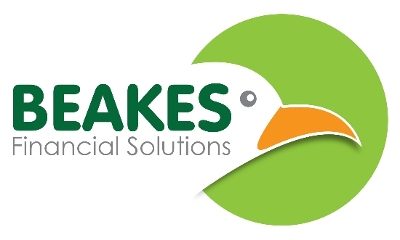An equity release mortgage, also known as a lifetime mortgage, is a financial product designed for homeowners over the age of 55 and wish to access the equity tied up in their property without having to sell it. It allows them to release a portion of the value of their home in a lump sum, multiple lumps sums or as regular monthly payments whilst retaining ownership and right to live in the property.
Here are some key points to help you understand equity release mortgages:
- Eligibility: You must be a homeowner, with or without a mortgage, and the youngest applicant must be over the age of 55 years.
- Deposit: No deposit is required as the equity in your property is used as the deposit.
- Interest rates: Equity release mortgages tend to have higher rates compared to a residential mortgages
- Monthly repayments: Like all mortgages, there are lots of variations which is why it’s best to speak to a whole of market broker such as Beakes Financial Solutions. Some equity release mortgages require the monthly interest to be paid, however, there are many options where no monthly payments are required for the life of the mortgage. If no interest payments are made, interest is compounded over time, meaning the total amount owed can significantly increase over the years.
- Mortgage term: This type of mortgage does not have a specified end date. The mortgage expires either on death or when the last owner moves into long term care.
- Loan options: There are three different options. The first is one lump sum payment, the second is where multiple drawdowns are allowed as and when the money is require and the third monthly payments.
- Property owner: With a lifetime mortgage the homeowner remains the owner of the property. You are able to sell the property in the future providing you meet the lender’s criteria.
- Impact on inheritance: Taking out a lifetime mortgage can reduce the value of our estate, potentially impacting the inheritance of your beneficiaries.
- Regulation: Lifetime mortgages are regulated by the Financial Conduct Authority (FCA). Mortgage advisers are required to take additional qualifications, for example, CeRER, in order to advise on these types of mortgages. You’ll be pleased to know Karen has the relevant qualification should you wish to find out more information. You will also need to seek independent advise from a suitable qualified solicitor.
As a lifetime mortgage is a loan secured against your home, it is important to understand the features and risks, ask for a personalised illustration. Equity release will reduce the value of your estate and may affect your entitlement to means tested benefits. Your home may be repossessed if you do not keep up repayments on your mortgage.
What can I use the money for:
Below are some example of what the money can be used for:
- Paying off an existing mortgage
- Clearing debts
- Boosting your monthly income
- Gifting money to loved ones
- Home improvements
- New car or holiday home
- Holidays, cruises and mini breaks


